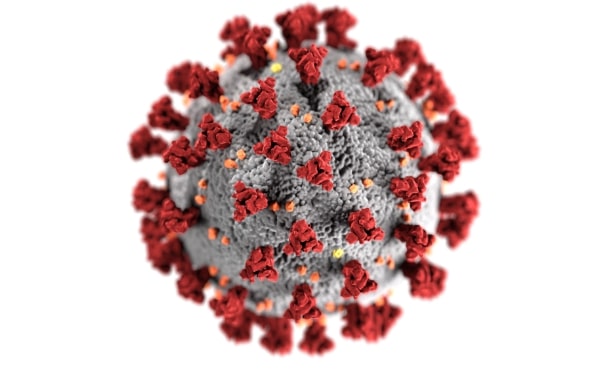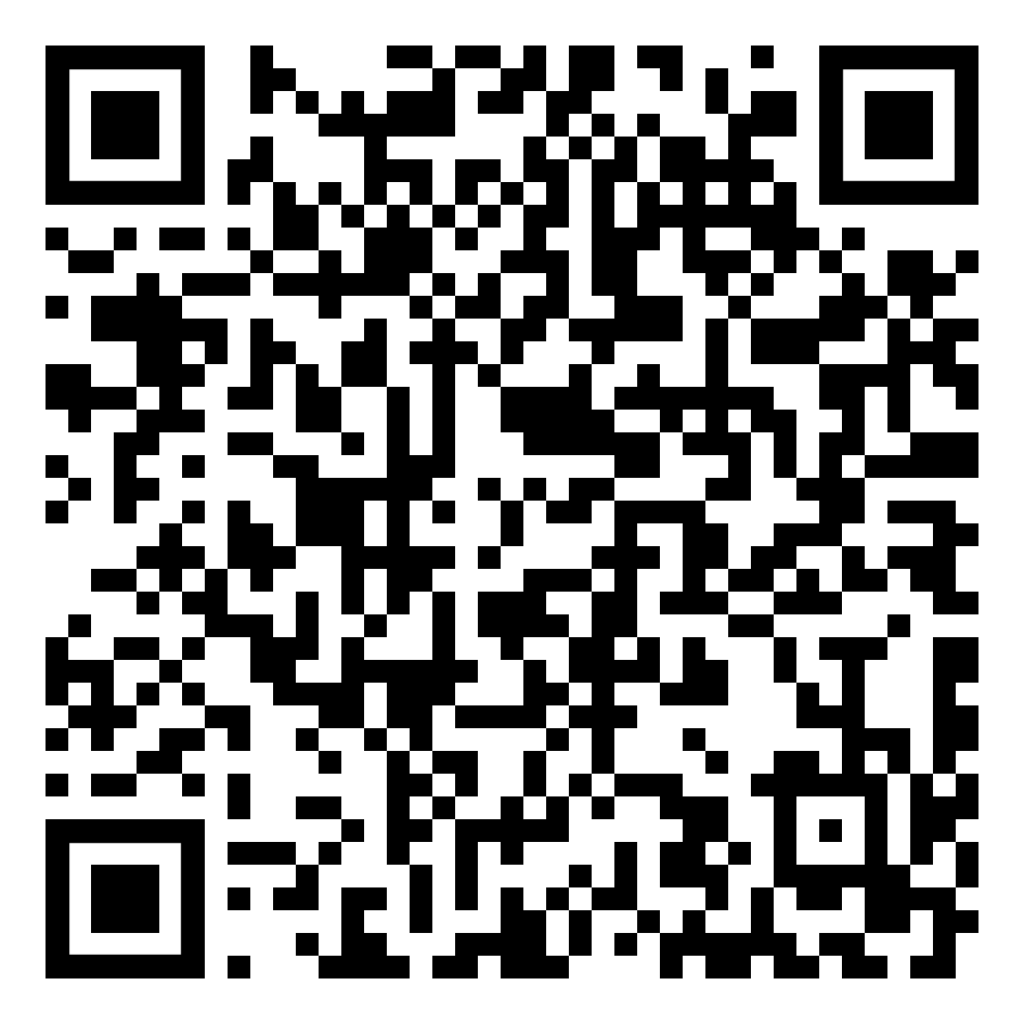Need help finding a Doctor? Call 800-562-9267
Need help finding a Doctor? Call 800-562-9267
COVID-19 is the disease caused by SARS-CoV-2, a novel virus that first emerged in December of 2019. “Novel” refers to a new virus that has not previously been identified in humans. Find more information on novel viruses here.

Coronaviruses are common in people and species of animals. In this case, the animal coronavirus mutated to infect humans. The SARS-CoV-2 virus is a betacoronavirus, like MERS-CoV and SARS-CoV. All three originated in bats.
Early on, many of the patients at the original epicenter of the outbreak in Wuhan, Hubei Province, China had some link to a live meat market, suggesting animal-to-person spread. Later, a growing number of patients reportedly did not have exposure to animal markets, indicating person-to-person spread. Person-to-person spread was subsequently reported outside Hubei and in countries outside China, including in the United States.
The Delta-9 variant is a highly contagious SARS-CoV-2 virus strain, first identified in India in December 2020. According to the CDC, though the symptoms of Delta are much the same, this strain of the virus is much more transmissible and 50% more contagious than the alpha strain. Even those who have been vaccinated can still contract and spread this variant. Currently, low vaccination areas such as Alabama, Arkansas, Georgia, Mississippi, Missouri, and West Virginia are considered hotspots for Delta. Delta has quickly become the leading strain of SARS-CoV-2 globally, particularly in India, UK, and the United States.
HealthLynked is changing your healthcare experience by making it personal and accurate, delivering the convenience and safety you need to access your medical records, contact your doctors, and schedule appointments through our mobile app. Set up your free HealthLynked Patient Profile on the app now!
CDC recommends everyone can do their part to help us respond to this emerging public health threat. Get vaccinated as soon as possible to protect yourself, your family, and the other members of your community.
Older people and people with severe chronic conditions should take special precautions because they are at higher risk. If you are a healthcare provider or a public health responder caring for a COVID-19 patient, please take care of yourself and follow recommended infection control procedures.
If you live with someone with COVID-19 and develop symptoms yourself, call your healthcare provider. If you are a resident in a community with an ongoing spread of COVID-19 and you develop symptoms, call your healthcare provider.
For people ill with COVID-19, but are not sick enough to be hospitalized, please follow CDC guidance on reducing the risk of spreading your illness to others. People who are mildly ill with COVID-19 can isolate at home during their illness.
The best way to prevent COVID-19 is to get vaccinated and avoid exposure. The CDC always recommends everyday preventive actions to help prevent the spread of respiratory diseases, including avoiding close contact with people who are sick and handwashing. Avoid touching your eyes, nose, and mouth. Stay home when you are sick. Cover your cough or sneeze with a tissue, then throw the tissue in the trash. Clean and disinfect frequently touched objects and surfaces using a regular household cleaning spray or wipe. Follow CDC’s recommendations for using a facemask. The use of facemasks is also crucial for health workers and people who are caring for someone. Wash your hands often with soap and water for at least 20 seconds, especially after going to the bathroom, before eating, after blowing your nose, coughing, or sneezing. If soap and water are not readily available, use an alcohol-based hand sanitizer with at least 60% alcohol.
If you think you have been exposed, you can limit the spread of COVID-19 by ordering a HealthLynked rapid test kit to your home. Results within minutes, no lab required! Simply collect your samples to detect nucleocapsid proteins, antigens, and active elements of the virus. Choose from three clinically tested, 95% accurate at-home test kits.
For the latest situation report please visit the World Health Organization’s
https://www.who.int/emergencies/diseases/novel-coronavirus-2019/situation-reports/
Clicking the link below will take you to a listing of the health department in your state. If you can any question you can find contact information for resources in your local area.
https://www.cdc.gov/publichealthgateway/healthdirectories/healthdepartments.html
Patients with confirmed COVID-19 infection have reportedly had mild to severe respiratory illness with symptoms of:
COVID-19 is caused by a previously unrecognized coronavirus, called COVID-19. For more information about COVID-19 please visit:
https://www.cdc.gov/coronavirus/2019-ncov/index.html
https://www.who.int/westernpacific/emergencies/novel-coronavirus
COVID-19 can spread from person to person through small droplets from the nose or mouth, including when an individual coughs or sneezes. These droplets may land on objects and surfaces. Other people may contract COVID-19 by touching these objects or surfaces, then touching their eyes, nose or mouth.
Coronaviruses are a group of viruses that have a halo or crown-like (corona) appearance when viewed under a microscope. These viruses are a common cause of mild to moderate upper respiratory illness in humans and are associated with respiratory, gastrointestinal, liver and neurologic disease in animals.
There is not enough information about the new virus to determine the full range of illness that it might cause. Coronaviruses have occasionally been linked to pneumonia in humans, especially people with weakened immune systems. The viruses also can cause severe disease in animals, including cats, dogs, pigs, mice, and birds.
The length of time that the virus survives likely depends on a number of factors. These factors could include the type of material or body fluid containing the virus and various environmental conditions such as temperature or humidity. Researchers at the Centers for Disease Control and Prevention and other institutions are designing standardized experiments to measure how long COVID-19 can survive in situations that simulate natural environmental conditions.
Right now, there are no disinfectant products registered by the U.S. Environmental Protection Agency for use on environmental surfaces that are specifically listed as having the ability to kill COVID-19. However, related viruses that have similar physical and biochemical properties can be killed with bleach, ammonia or alcohol, or cleaning agents containing any of these disinfectants. Cleaning agents should be used according to the manufacturer’s instructions.
Contact your county health department (CHD)
Consult a health-care provider as soon as possible. Call ahead and tell them before you visit that you think you may have COVID-19 so they can take precautions to prevent exposing other people.
Cover your mouth and nose with a tissue when coughing or sneezing.
If you have a surgical mask, wear it during close contact with other people. A mask can reduce the number of droplets coughed into the air.
Remember, very few respiratory infections will be COVID-19.
Please review your signs, symptoms and travel history thoroughly with your physician.
The time between exposure to the COVID-19 virus and onset of symptoms is called the “incubation period.” The incubation period for COVID-19 is typically 2 to 14 days, although in some cases it may be longer.
There are some common-sense precautions that you can take that apply to many infectious diseases. The most important is frequent hand washing with soap and water or use of alcohol-based hand rubs (see Prevention & Treatment https://www.cdc.gov/coronavirus/2019-ncov/about/prevention-treatment.html and Guideline for Hand Hygiene in Health-Care Settings https://www.cdc.gov/handhygiene/). You also should avoid touching your eyes, nose, and mouth with unclean hands and encourage people around you to cover their nose and mouth with a tissue when coughing or sneezing.
There is information for people who have had close contact with a person confirmed to have, or being evaluated for, COVID-19 infection available online.
Yes. Make an appointment with your local pharmacy to receive one of the vaccines available at no charge to the public.
There is no specific antiviral treatment recommended for COVID-19 infection. People infected with COVID-19 should receive supportive care to help relieve symptoms.
Learn about COVID-19 Treatment.
If you develop a fever and symptoms of respiratory illness, such as cough or shortness of breath, within 14 days after travel from China, Iran, Italy, Japan or South Korea, you should call ahead to a healthcare provider and mention your recent travel or close contact. If you have had close contact with someone showing these symptoms who has recently traveled from these areas, you should call ahead to a healthcare provider and mention your recent travel or close contact. Your healthcare provider will work with the Florida Department of Health and CDC to determine if you need to be tested for COVID-19.
Order your COVID-19 Home Test Kit here.
Your healthcare professional will work with your county health department to determine if you need to be tested for COVID-19.
A person who is tested will have three specimens taken: oral, nasal, and saliva. The samples will be given to the county health department, who will then either ship or deliver them to the closest state laboratory. If a specimen is tested positive, it will be identified as ‘presumptive positive’ until the result is confirmed at the Centers for Disease Control and Prevention (CDC).
For more information on COVID-19 testing see CDC Tests for COVID-19.
Order your COVID-19 Home Test Kit here.
No. Coronaviruses are a large family of viruses, some causing illness in people and others that circulate among animals, including camels, cats and bats. The recently emerged COVID-19 is not the same as the coronavirus that causes Middle East Respiratory Syndrome (MERS) or the coronavirus that caused Severe Acute Respiratory Syndrome (SARS) in 2003. There are ongoing investigations to learn more. This is a rapidly evolving situation and information will be updated as it becomes available.
While this virus seems to have emerged from an animal source, it is now spreading from person-to-person. The Florida Department of Health and CDC recommend that people traveling to China avoid animals both live and dead, but there is no reason to think that any animals or pets in the United States might be a source of infection with this new coronavirus.
Password reset email has been sent to your registered email address.
